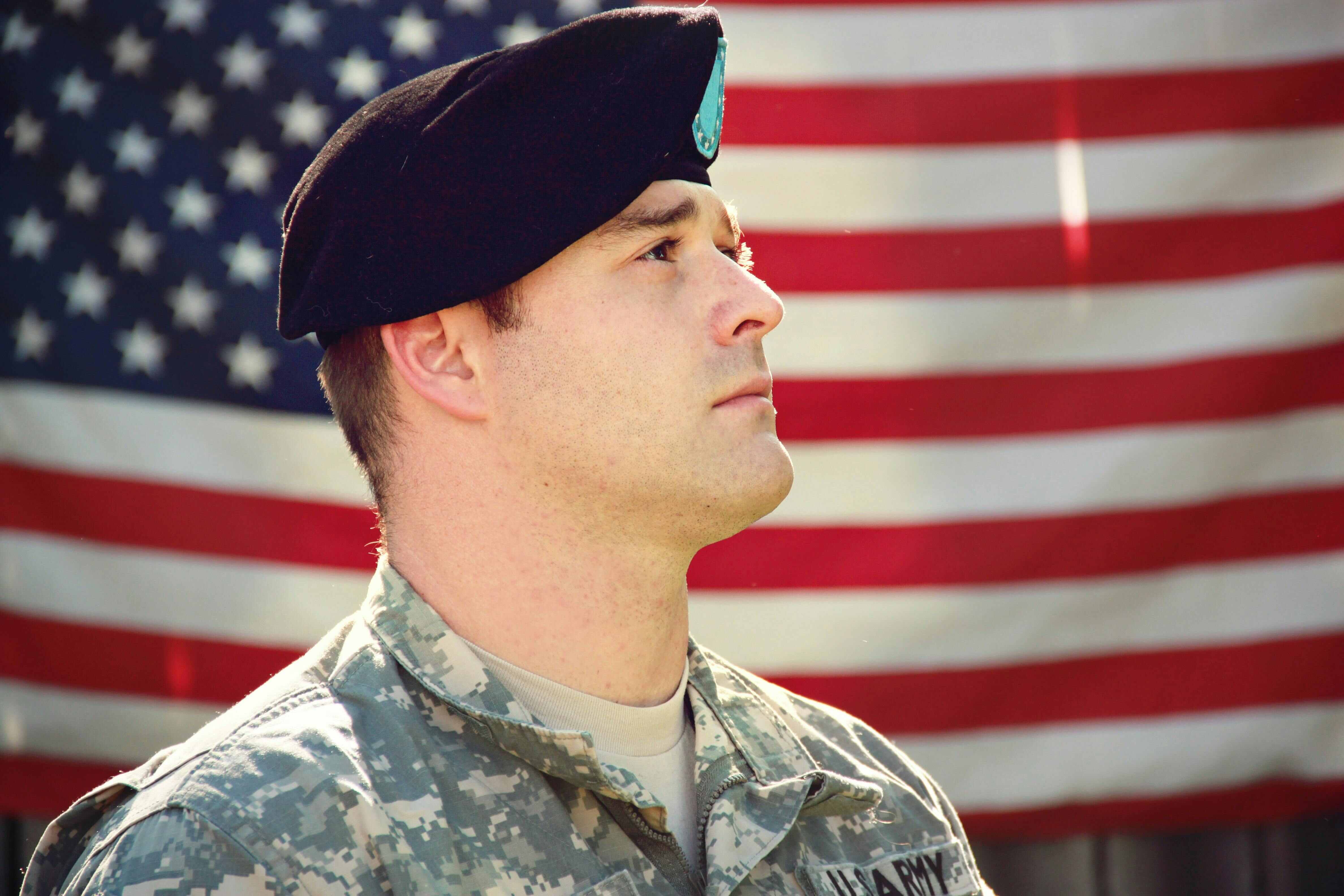Reference: Kang, H., Fischer, I. C., Dickinson, S., Na, P. J., Tsai, J., Tedeschi, R. G., & Pietrzak, R. H. (2024). Posttraumatic Growth in U.S. Military Veterans: Results from the National Health and Resilience in Veterans Study. The Psychiatric quarterly, 95(1), 17–32. https://doi.org/10.1007/s11126-023-10061-8
Did you know psychological progress (e.g. greater appreciation of life or personal strengths) can happen after stressful or traumatic events? Psychologists call this posttraumatic growth. Researchers studied 4,000 high-risk U.S. military veterans exposed to trauma to learn more about post-traumatic stress disorder (PTSD). Vets recalled traumatic events, PTSD symptoms, and post-traumatic growth in relationship to demographic variables, military, trauma, health, and personality characteristics. Results? 60% of trauma-exposed vets and 86% of vets with PTSD reported moderate to high post-traumatic growth scores. Vets scoring higher growth were non-Caucasian, had lower income, greater life trauma, supportive social and emotional traits, social connectedness, and spirituality. Vets reexperiencing traumatic symptoms also had new possibilities, personal strength, and post-traumatic growth. Moderate to high levels of PTSD symptoms were associated with greater levels of post-traumatic growth, leading to deeper reflection and resilience as individuals sought meaning and adapted to their trauma. Reducing severe PTSD symptoms and fostering post-traumatic growth in vets required effort: Encouraging thoughtful reflection on life in traumatic experiences helped foster their post- traumatic growth and especially helped vets who experienced traumas like war combat, injuries, or illness. Let’s open our hearts. Find ways to reach out and encourage post-traumatic growth in our veterans!
Written by Kristin M. Harris, Ph.D.

